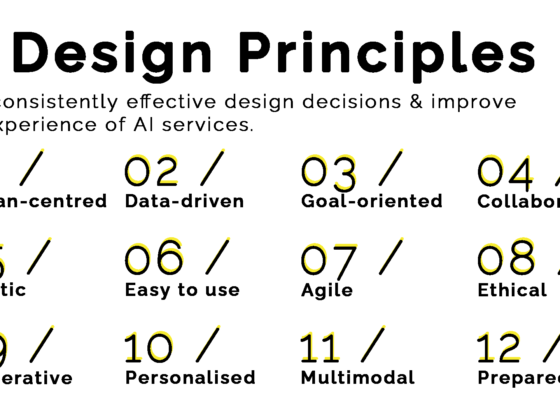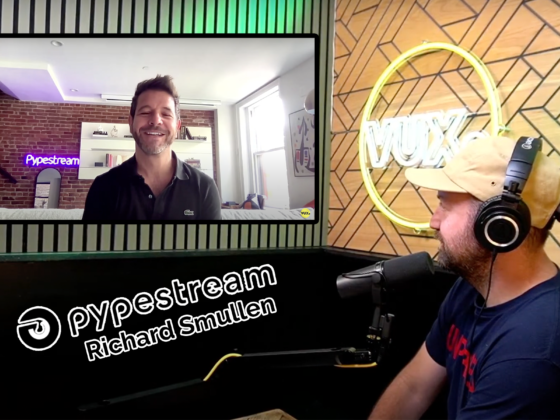This week, Dustin Coates and Kane Simms are joined by Nick Carey of Potato to discuss the concept of creating an assistant on an assistant.
We usually think of Alexa and Google Assistant as… Well, assistants, obviously. We think of skills as small extensions to Alexa and actions as tasks or commands for Google Assistant. What if, instead, we created an assistant in its own right? An assistant on an assistant.
That’s what Nick Carey and his team at Potato did for their high-profile Alexa skill that was built for a popular game on a popular console (which needs to remain nameless, unfortunately).
How would you approach that kind of a challenge? What kind of design and technical considerations are there? And how do you make that assistant truly personal and valuable to the user? Nick shares all.
Earn monthly recurring revenue from your skills/actions
If you build skills/actions for clients, then you can earn money from them each month through Speebly.
Speebly let’s your client’s skill/action be accessed and interacted with via your client’s website.
Sign up your client to Speebly and you’ll get a share of the monthly subscription fee.
Plus, if you’ve already built the skill/action in Dialogue Flow, it’ll take you 5 minutes to set up.
In this episode
This episode touches on some unique topics that we haven’t covered before, such as:
How to create an assistant on an assistant and the reasons for doing so. A voice assistant that’s created to assist you through a game can guide players through the gaming world, bring things into play from an inventory quickly and answer questions. There are parallels here between the role of an assistant within a gaming environment and an assistant more generally, which we dive into.
The utility to affinity scale and when to create a persona. Nick’s theory is that, if an assistant is there to get things done and be a request and response, one-shot interaction, then you might not need to create much affinity with your users. That is, you might not need as strong a persona. That’s because the value is in the ability to perform the utility. On the other hand, if you need the user to engage with your assistant over time and the experience is more leisurely, then you need to create more affinity with your user and should invest more in persona design.
AI and personalised VS static content and the difference between the voice interface and the backend functionality. Some skills and actions are fairly static. There isn’t much intelligence behind the scenes. That’s what’ll typically happen if you build a skill or action and not use customer data that you pull from elsewhere. Nick speaks about why this is detrimental to the voice assistant landscape and how using data can create personalised and engaging experiences that add value over time.
When creating an assistant on an assistant in the gaming world, Nick shares how using the combination of customer/player data and game data can turn a static assistant into a proactive and engaging one that can tailor its behaviour to the player and the game in order to help the player improve or play better.
There are parallels again here with brands who have customer or environmental data. Using the data that you have allows you to create more engaging, more personalised experiences. Take that further with learned behaviour based on the users past or other device data and you’re on the path to something that’s more like an actual assistant and less like a static back and forth.
We also discuss Nick’s design and research process, how voice changes the interaction pattern, how character and story improve engagement and how technical development mixed with design led the team to create a randomised response builder capable of generating over a million different response combinations.
Where to listen
About Nick Carey and Potato
Potato design, develop and launch purposeful and effective digital products and have offices in London, Bristol and San Francisco. It started in voice in 2017 by building Jamie Oliver’s recipe skill for the launch of the Amazon Echo in the UK, and Nick Carey and his team have been working on building for voice ever since.
Nick Carey is the Lead Product Designer at Potato and is based out of San Francisco. Nick’s business education and experience founding startups led him to Potato where he’s responsible for leading the product design team and developing impactful products and services for clients, including Google, HP and the BBC.
Links
Visit the Potato website: http://p.ota.to (what a cool domain!)
Twitter: NSDCarey




